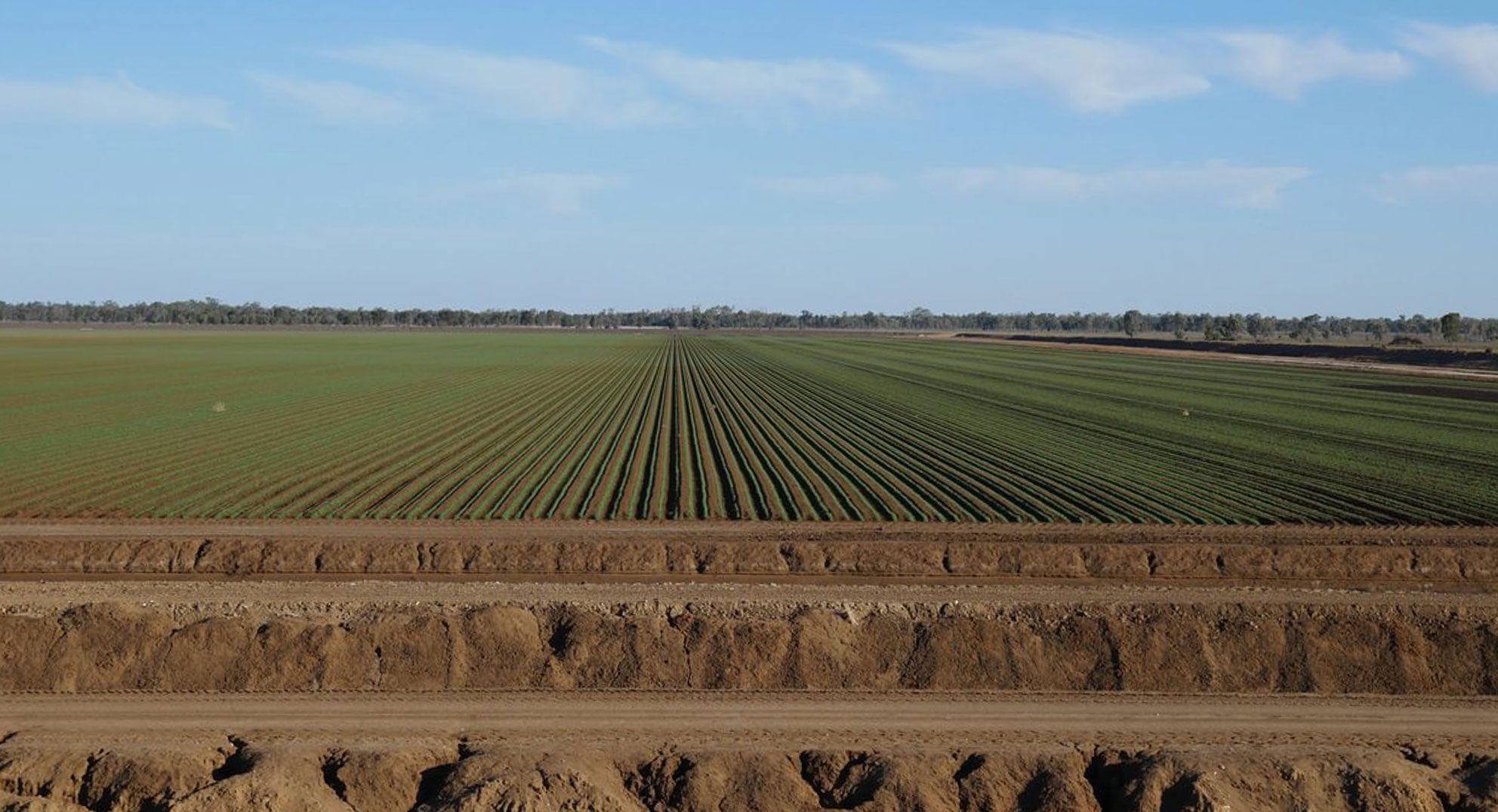Producing novel biological products to increase production and reduce environmental impacts

Status
Complete
Project Type
Quickstart
Timeframe
2023 - 2024
Core Partners
Western Murray Land Improvement Group
This project aims to find ways to use organic waste streams to create a sustainable and innovative regional ecosystem. This effort brings together local industry, government agencies, producer groups, community members, researchers, and technical experts in a unified partnership.
About this project
Managing organic waste effectively is crucial for environmental sustainability, reducing greenhouse gas emissions, and enhancing local economies. By converting biomass into bioenergy and other valuable products, we can address issues like excessive fuel load in forests, agricultural waste management, carbon sequestration, and renewable energy production. Additionally, this initiative aims to provide employment opportunities for First Nations people, foster community wealth, and improve air quality.
Through a co-design process, this project will evaluate technological and innovative solutions for converting organic waste, such as rice straw and timber industry by-products, into bioenergy, biochar, and other novel products like pyroligneous acid.
Potential solutions include:
- Repurposing agricultural and timber waste to produce biochar.
- Using biochar to reduce livestock methane emissions and improve soil health.
- Creating value-added products like compost mixed with biochar for the garden supply market.
The Western Murray Land Improvement Group (WMLIG) is spearheading the collection of preliminary data, such as cost-benefit analyses, local market potential, and landholder interest. This data will support the decision-making process of the Biochar Cluster Group, a dedicated team within the co-design framework.
WMLIG has partnered with Indigenous Rangers in the Koondrook-Perricoota forest to assess the amount of timber causing environmental issues and to determine its potential as feedstock for biochar production.
Outcomes
By leveraging a co-design process and collaborative research, we aim to build a resilient and sustainable regional innovation ecosystem that effectively repurposes organic waste and promotes environmental and economic benefits.